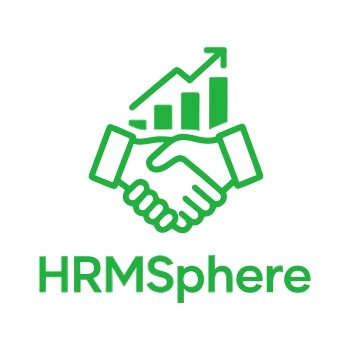In an ever-changing business environment, flexibility is key. Whether you’re dealing with seasonal demand, launching a new project, or covering for employee leave, having the right people at the right time is crucial. That’s where temporary staffing comes into play—a cost-effective, agile solution that helps businesses stay productive without long-term commitments.
What Is Temporary Staffing?
Temporary staffing involves hiring employees through a staffing agency for short-term roles or assignments. These workers, often called temps or contract staff, work for your company but are employed by the staffing agency.
When Do Companies Use Temp Staff?
- Seasonal spikes (retail, hospitality, logistics)
- Special projects or campaigns
- Maternity or medical leaves
- Employee turnover
- Skill-specific short-term needs (IT, marketing, finance)
Benefits of Temporary Staffing
1. Workforce Flexibility
Temp staffing allows you to scale your team up or down based on current needs. No long-term obligations, no unnecessary payroll burdens.
2. Faster Hiring
Staffing agencies maintain a pool of pre-screened candidates. This drastically reduces the hiring cycle, allowing you to fill roles within days instead of weeks.
3. Reduced Administrative Burden
The staffing agency handles everything—from sourcing and screening to payroll, taxes, and benefits—so your HR team can focus on more strategic tasks.
4. Cost Savings
You only pay for the time worked, without worrying about benefits, insurance, or long-term liabilities. This is ideal for budget-conscious businesses.
5. Access to Specialized Skills
Need a developer for a 3-month project? Or a certified accountant during audit season? Temp staffing gives you instant access to niche talent without permanent commitment.
How to Make Temp Staffing Work for You
- Partner with a reputable agency that understands your industry and staffing needs.
- Define clear job descriptions and expectations for the temp roles.
- Integrate temps into your team culture—a good onboarding experience improves productivity and retention, even for short-term roles.
- Evaluate performance to identify temps who could be a fit for future or permanent positions.
Try Before You Hire
Many businesses use temporary staffing as a “trial period” for potential full-time hires. This allows both the employer and employee to evaluate fit before committing, reducing the risk of bad hires.
Industries That Benefit Most
- Retail & eCommerce – Peak season sales demand extra hands.
- Healthcare – Fill shifts and handle patient load without burning out full-time staff.
- IT & Tech – Contract developers, analysts, and testers are often needed on project basis.
- Manufacturing – Cover production surges without long-term obligations.
- Administrative – Fill clerical roles quickly for day-to-day operations.
Temporary staffing offers the flexibility, speed, and cost efficiency today’s businesses need to stay competitive. It bridges the gap between talent shortages and business demands without long-term risk. Whether you need one person for a week or a team for six months, temp staffing gives you the freedom to operate at full strength—on your terms.






